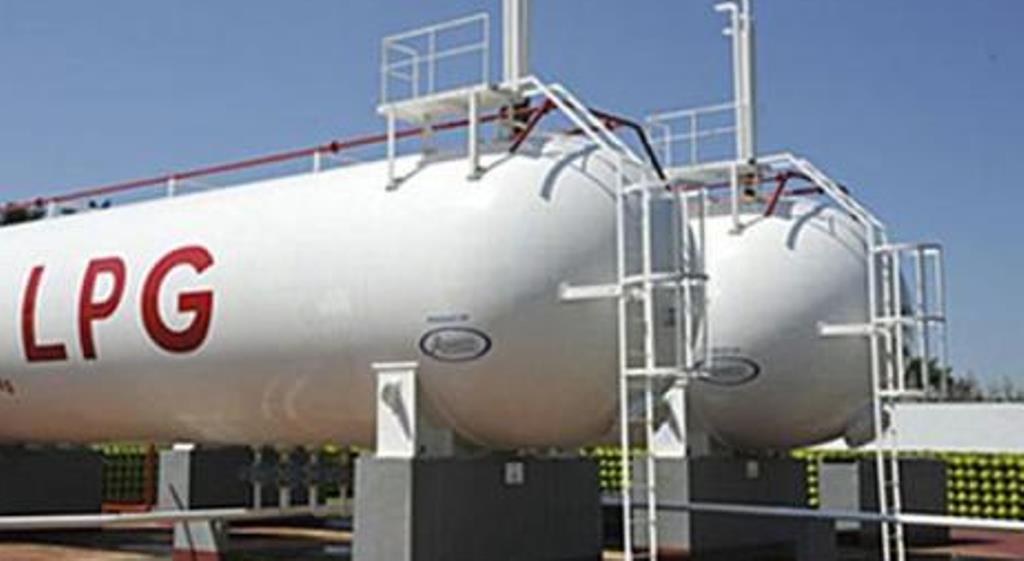AfricaPress-Tanzania: THE government is considering plans to start ordering Liquefied Petroleum gas (LPG) in bulk procurement systems (BPS) with the aim of reducing prices and ensuring no shortage of environmentally friendly cooking energy.
The Energy and Water Utilities Regulatory Authority (EWURA) Public Relations and Communications Manager, Titus Kaguo told the ‘Daily News’ recently that there are ongoing discussions on the best way of running the BPS between government and private players.
“The BPS of LPG gas will simplify regulatory works and ensure that citizens get quality products without any deficit. Also prices will come down as EWURA will be able to set ceiling prices per turbine of a given wait,” he said.
He said that LPG gas usage in the country has been growing exponentially, where currently Tanzania consumes 190,000 tonnes per year from only 6,000 tonnes a decade ago.
Mr Kaguo said also that the increase of LPG gas use for cooking energy was of positive initiative to enhancing environmental conservation. He said BPS will enable EWURA to regulate importation and trading of the potential cooking fuel.
“Currently, EWURA is monitoring LPG gas business, where prices have been stable for more than ten years. For example, a gas cylinder weighing 50 kilogrammes has been sold at a price not exceeding 53,000/-,” he said, added that when BPS system starts, it will assure security supply while consumers will purchase the gas at a cheaper price, as EWURA will be in a good position to regulate all activities from importation, trade to setting ceiling prices.
The communication manager, however, noted that BPS for the LPG gas needed intensive preparations, like setting up bulk storage facilities and other infrastructures.
Bulk procurement of petroleum products (petrol, diesel and kerosene) has seen the country save over 2tri/- in the past four years, according to Mr Erasto Mulokozi, the acting Executive Director of the Petroleum Bulk Procurement Agency (PBPA).
“Bulk procurement enables a country to order and purchase petroleum products as one. This reduces tediousness of individual orders, the stock is also shipped in large ships with capacity of up to 120,000 tonnes,” added Mr Mulokozi as he spoke to the ‘Daily News’ in Dar es Salaam recently.







